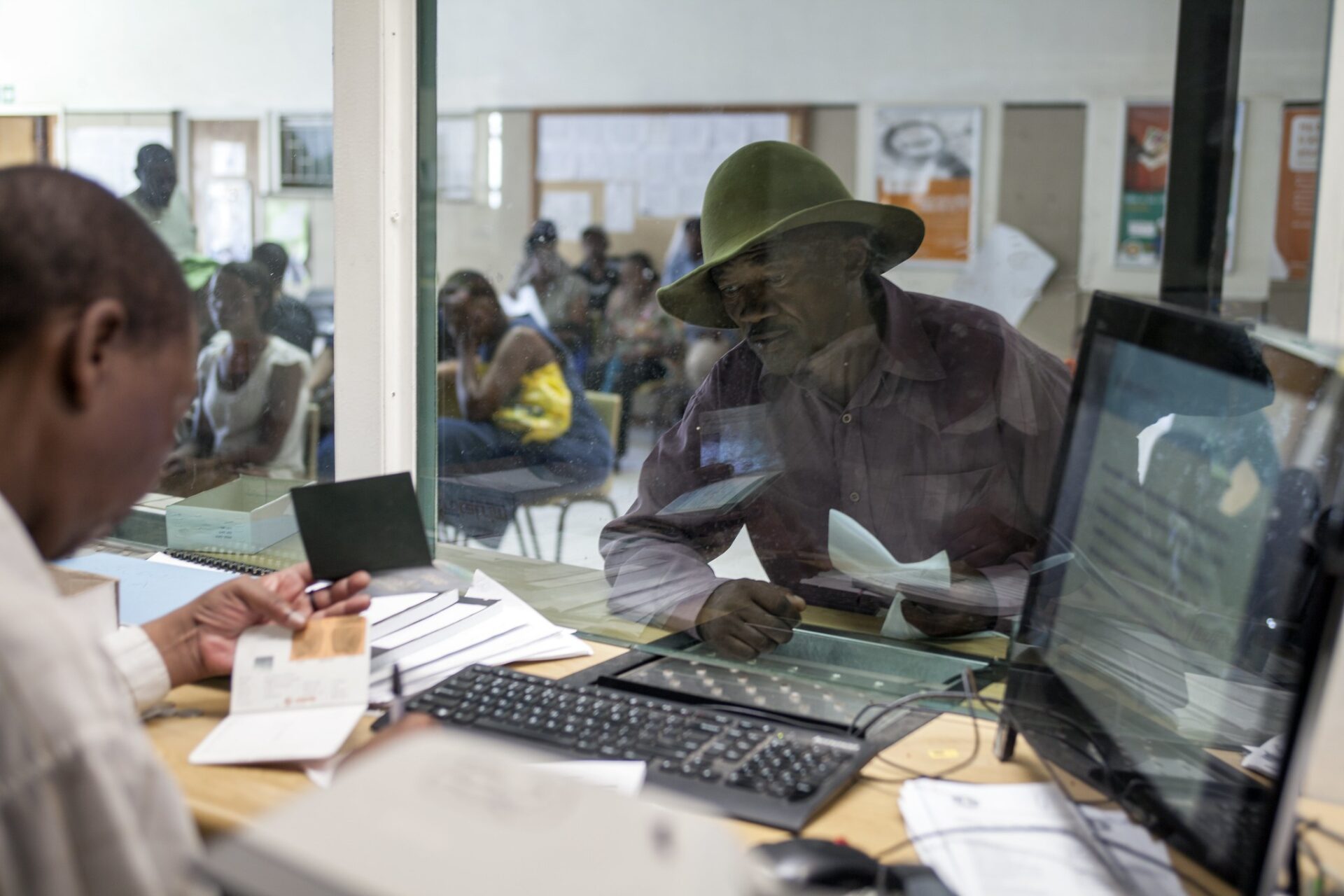Since 2014, ICAP has worked in close partnership with the U.S. President’s Emergency Plan for AIDS Relief (PEPFAR), through the U.S. Centers of Disease Control and Prevention (CDC) and Lesotho’s Ministry of Health, to build a digital health management information system, now routinely used by all major health facilities in the country. The information system is used by these facilities to monitor progress of large-scale public health interventions, identify gaps in care, and evaluate impact in real time. This ICAP-led effort has significantly improved availability of high-quality and timely program data for health workers and officials across Lesotho. Quicker access to more reliable data means that gaps in a public health program or at a specific facility can be addressed in a timely manner. For patients, better data translates to improved quality of care.
Historically in Lesotho, a dependence on paper-based medical records and health data has been a significant barrier to improving chronic disease services. For health workers, this challenge was particularly acute when it came to caring for patients with HIV, the leading cause of death in the country. “Imagine over 220 health facilities tracking 218,000 individual records over years of care on paper,” explained M’e’ Morongoe Nyakanae, monitoring and evaluation officer at the Ministry of Health in Lesotho. “We were so buried in paperwork, there was no time to verify, interpret, and use the information for program planning and improvement.”
With a recent award from PEPFAR, through the CDC, ICAP will expand its critical work in health management information systems to drive multiple initiatives to improve data quality of source documents and continue to improve accessibility of the system across health facilities. ICAP initiatives are already underway to improve data collection at the facility level as well as strengthening data analysis and dissemination at the national level of Lesotho’s public health care system.
“By building data management tools and systems, ICAP’s work ensures that Lesotho’s health providers have accurate and holistic views of their patients in real time. At the community level, this translates to reduced waiting times, timely follow-up care, and improved health outcomes. At the national level, these tools ensure that public health officials can direct resources and interventions at the right time and right place to the people who need them,” explained Suzue Saito, PhD, epidemiologist at ICAP and principal investigator of the project.
In tandem with consolidation of the health information management system, ICAP is engaged in expanding the use of electronic individual-level databases at health facilities providing comprehensive HIV care. The system allows health facilities to digitally track individual patient records across the public health system. This means that if a patient is diagnosed with a chronic disease such as HIV in their local clinic and then travel to another public health facility for treatment, health providers in both facilities can track the patient’s care. This eliminates inefficiencies in treatment and helps to ensure patients are not lost to follow-up. ICAP is currently expanding eRegister to 175 high-volume health facilities in a first-round pilot, with aims to expand the digital database to all of the country’s 274 public health facilities in the future.
“Health Information Systems such as e-Registers will allow the Ministry of Health and PEPFAR to have an accurate assessment of the 95-95-95 treatment cascade and inform programs to address gaps on an ongoing basis,” said Dr. Felix Ndagije, country director for ICAP in Lesotho. “ICAP appreciates the excellent partnership with the Ministry of Health and CDC in rolling out this important initiative.”








